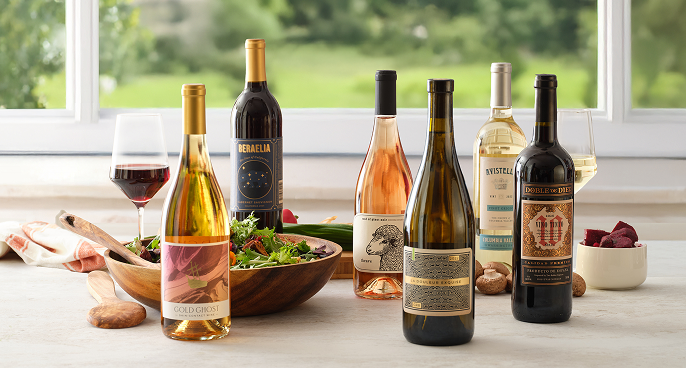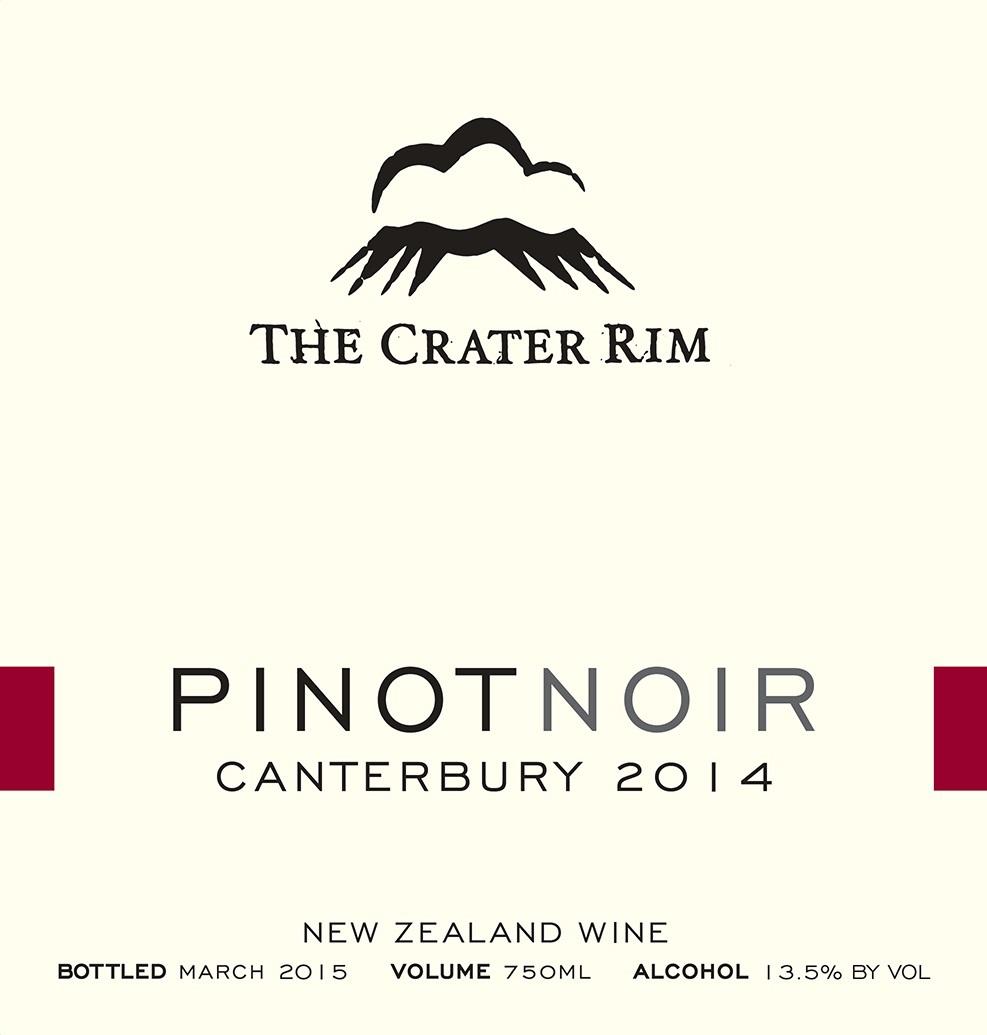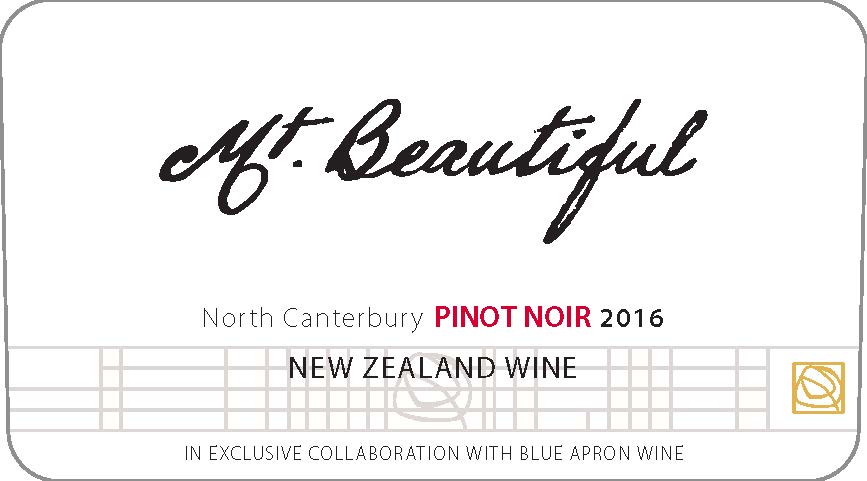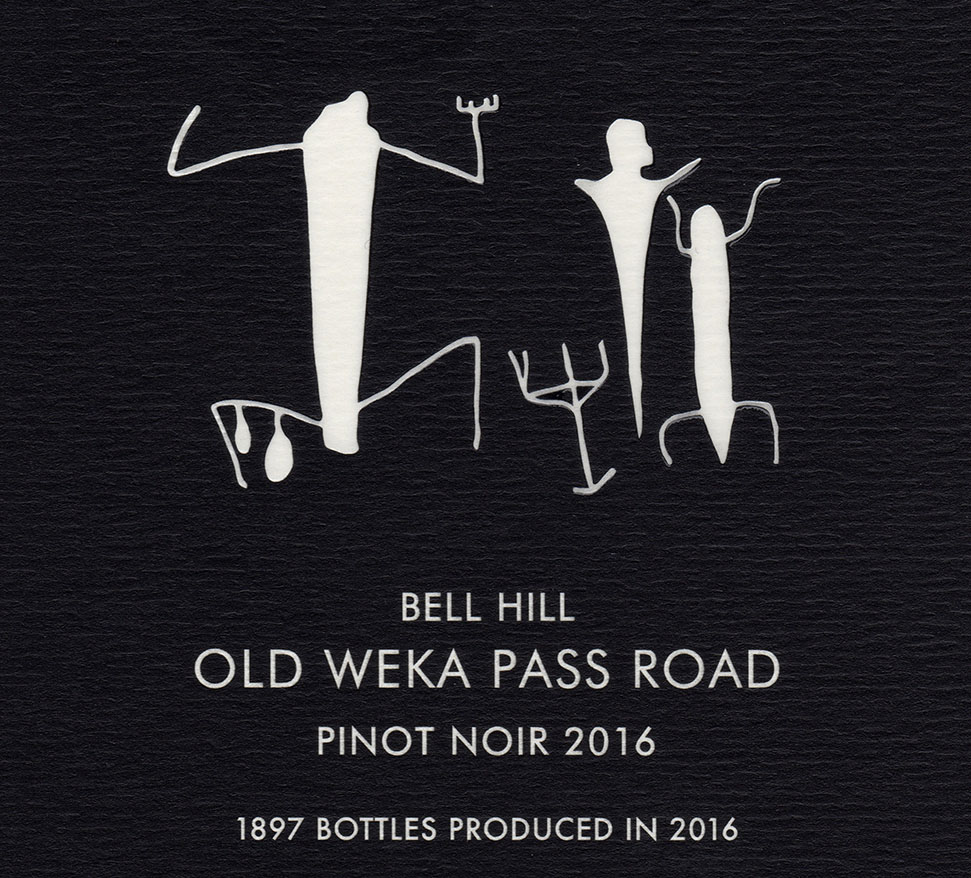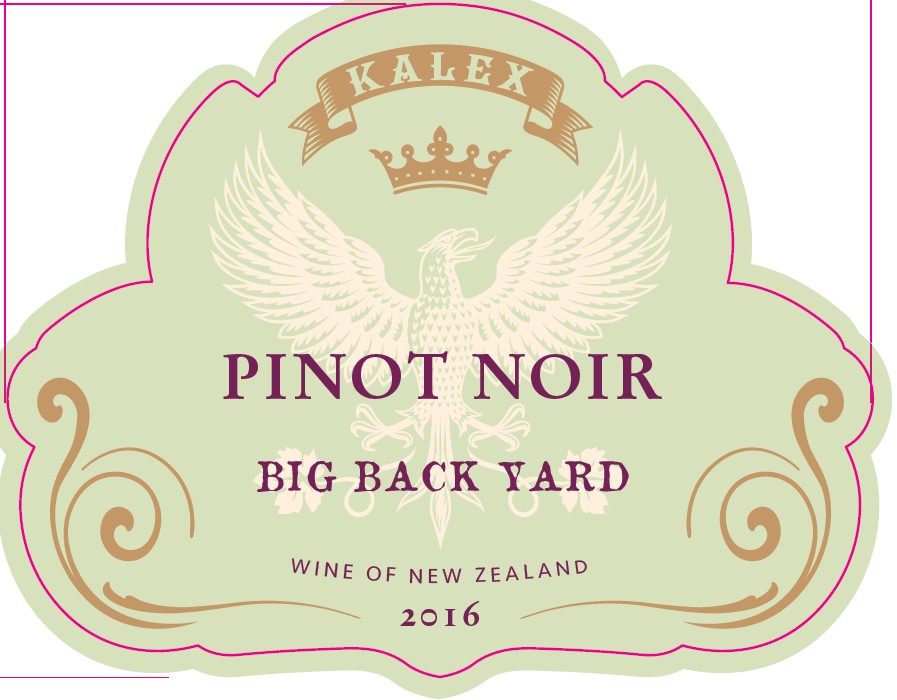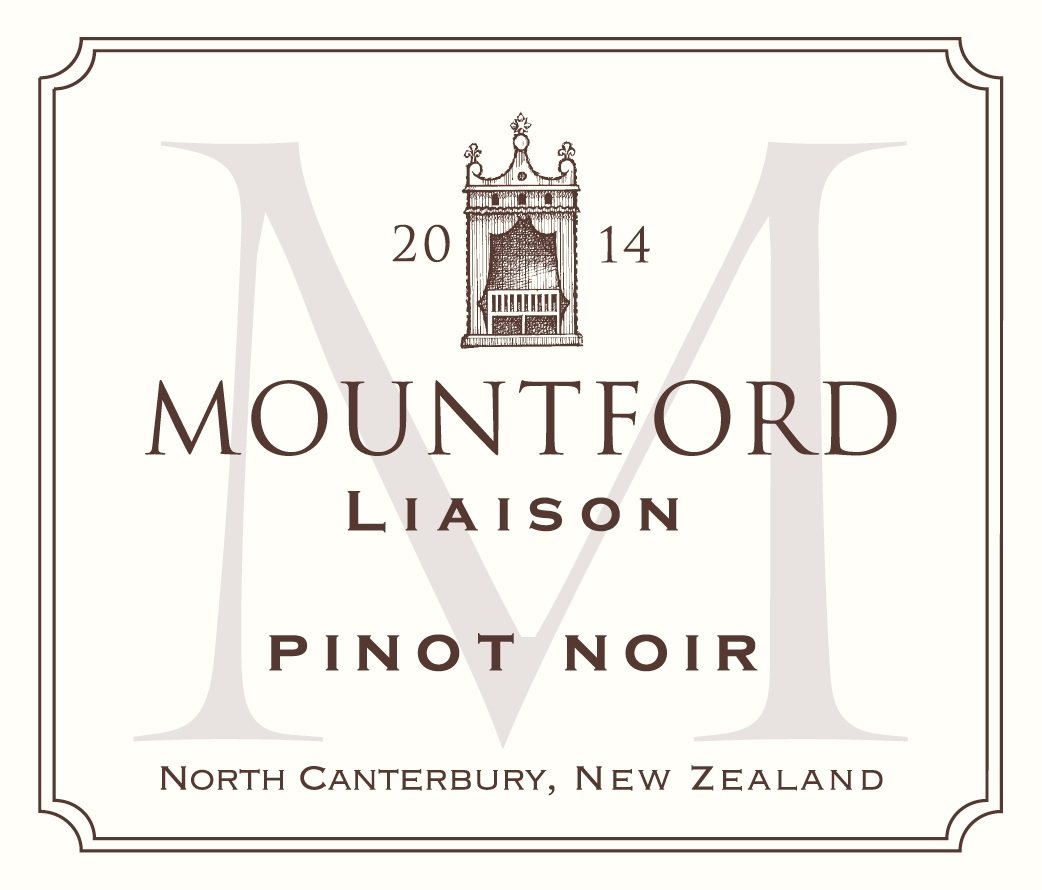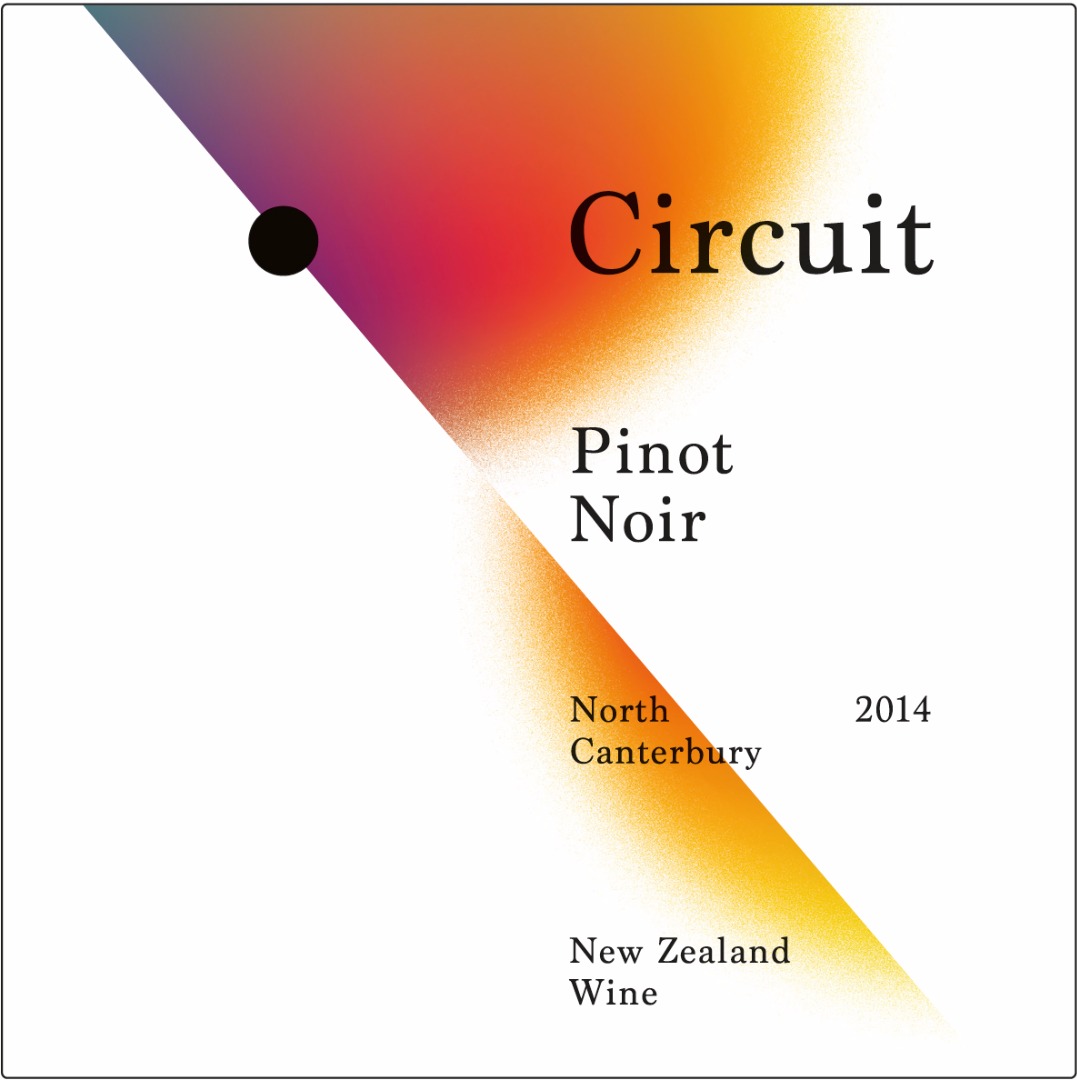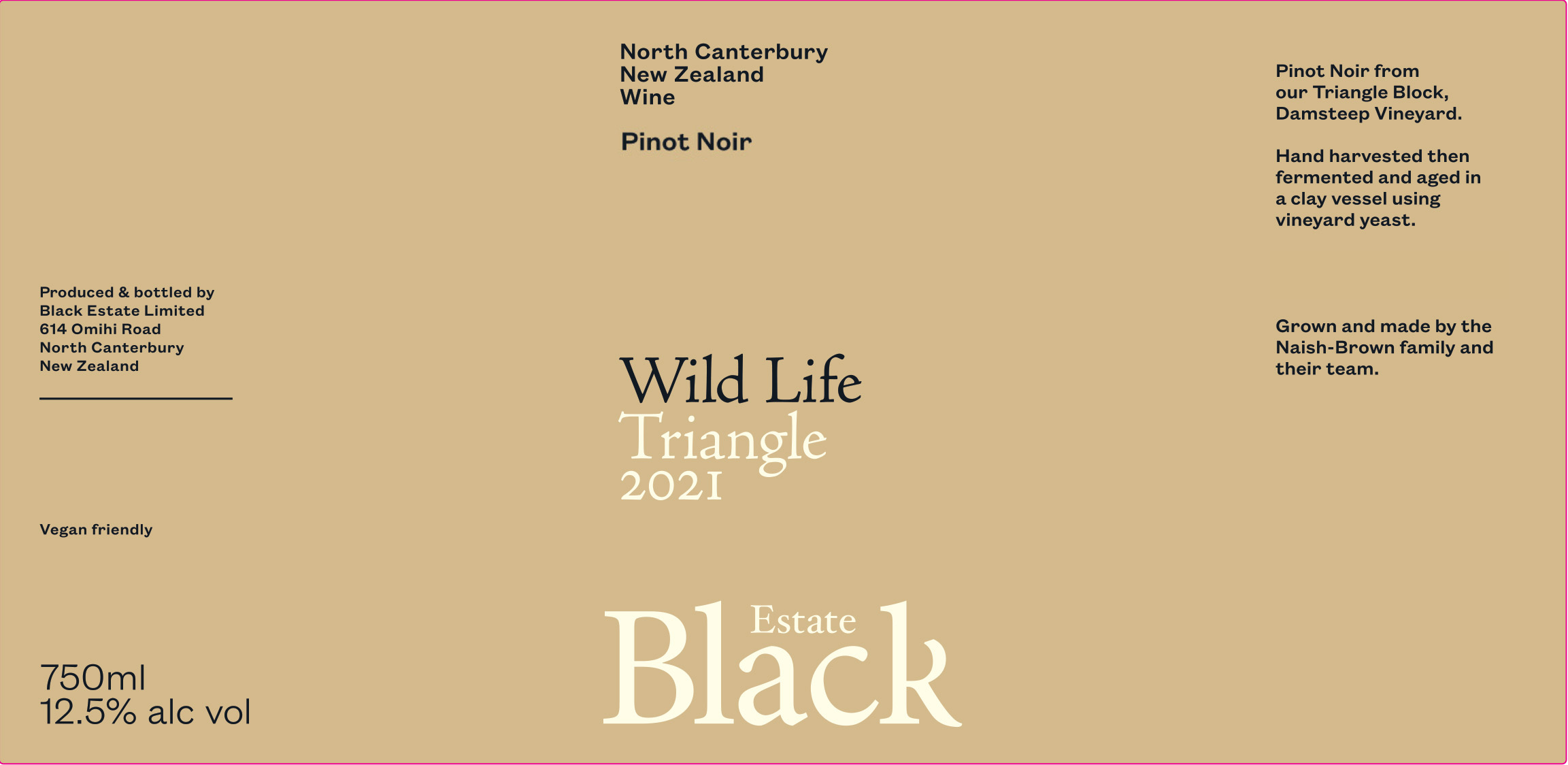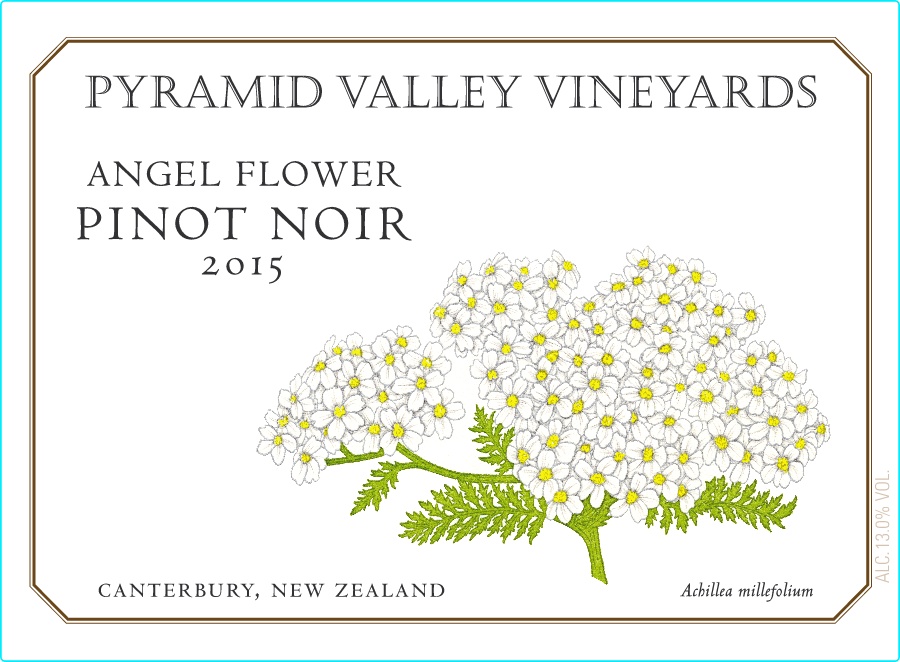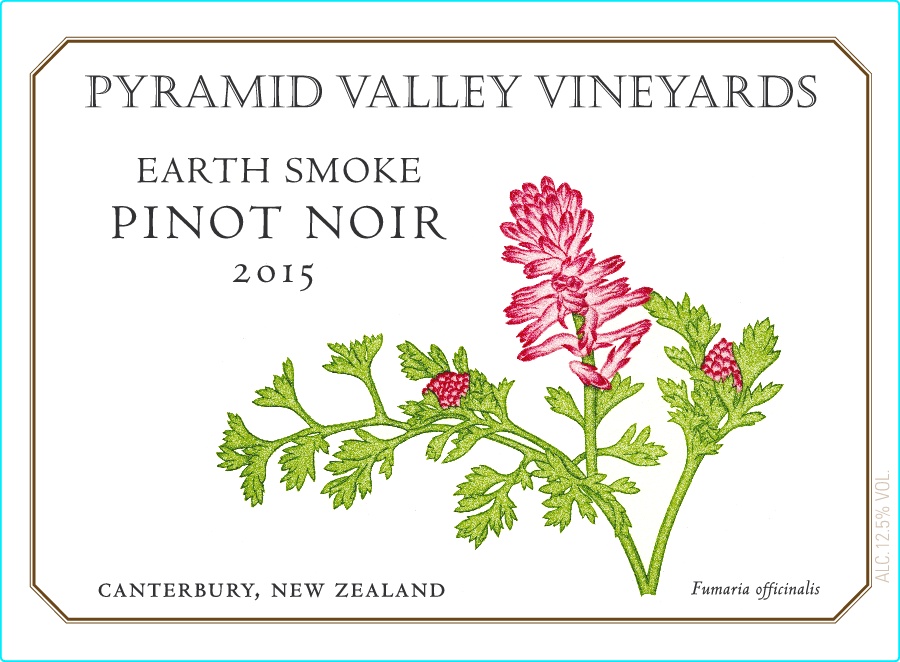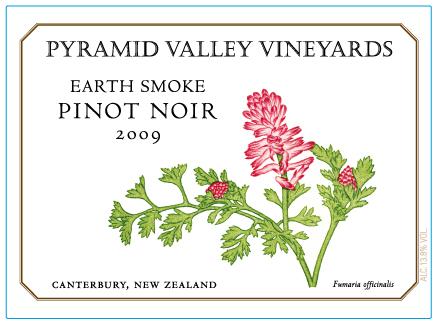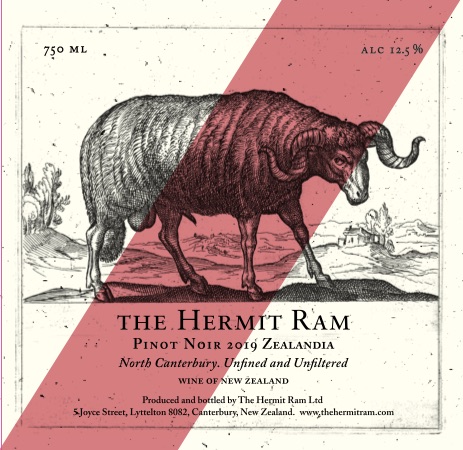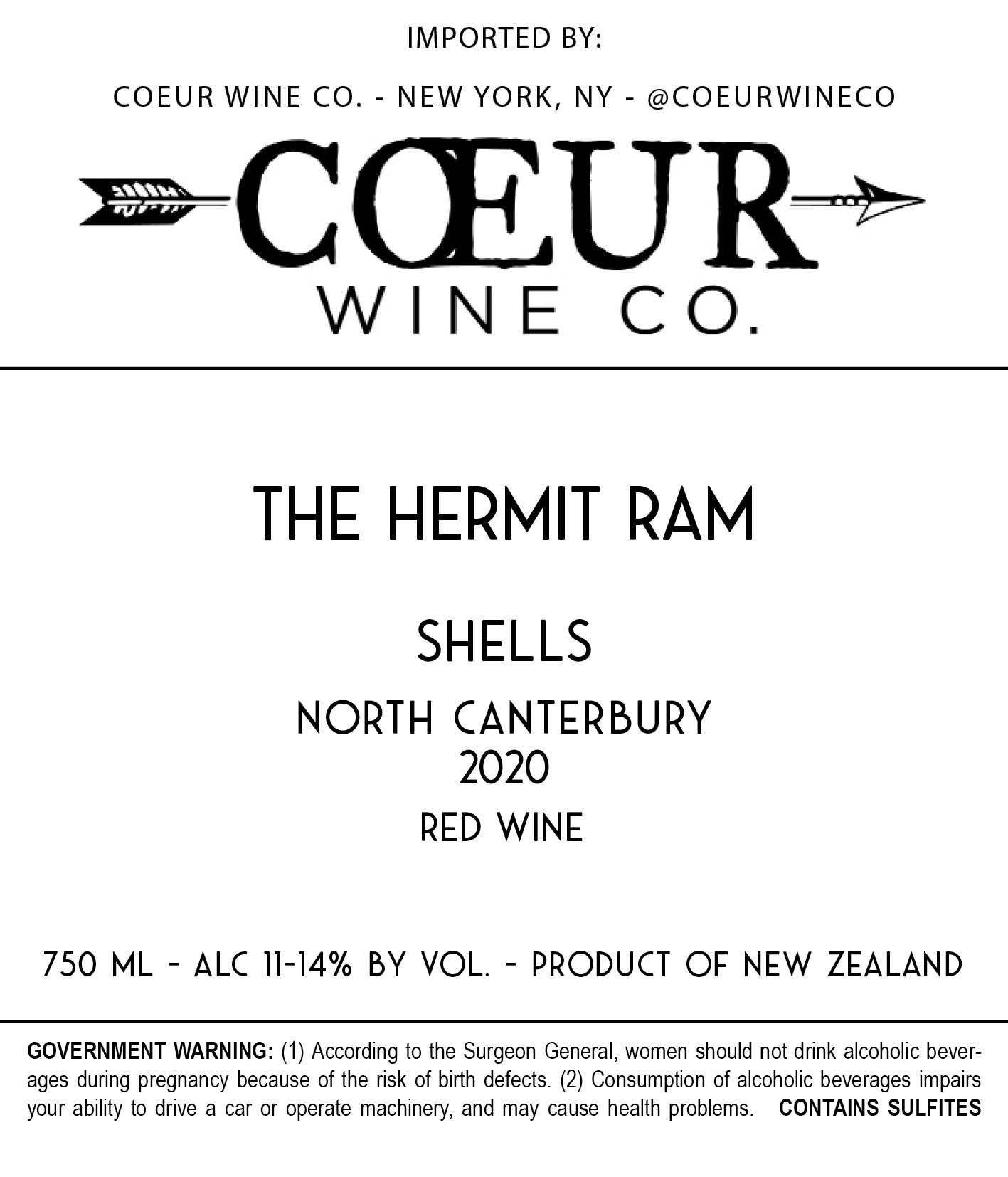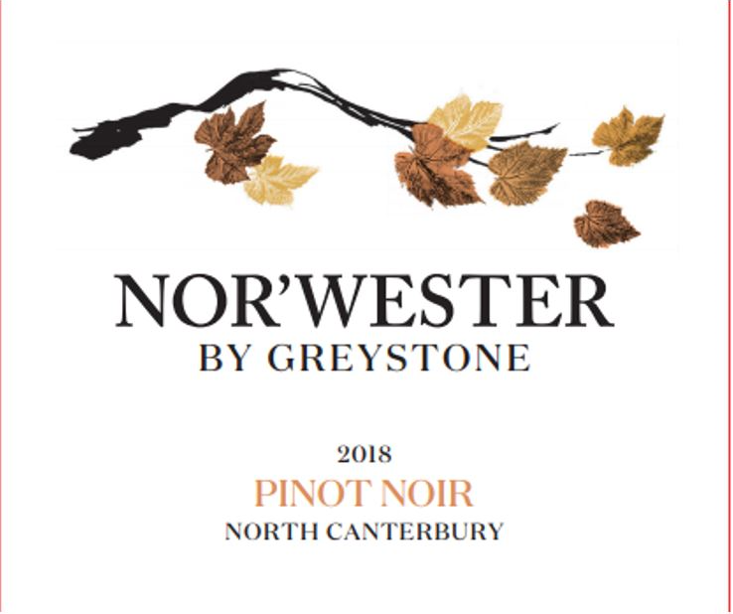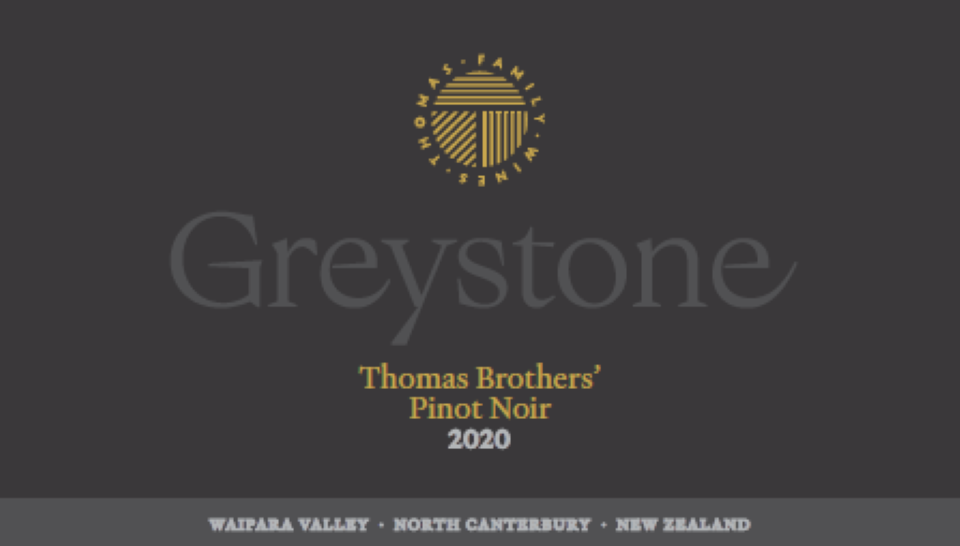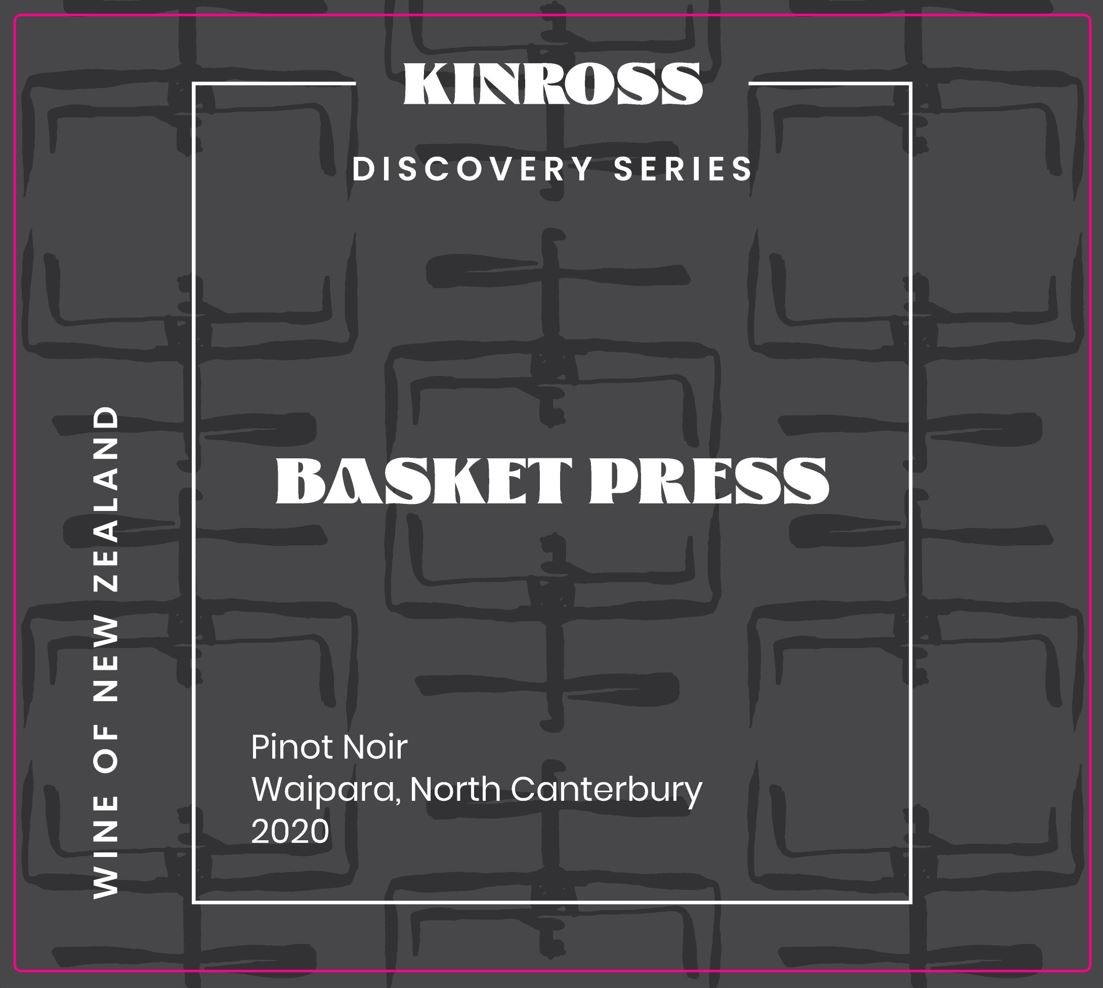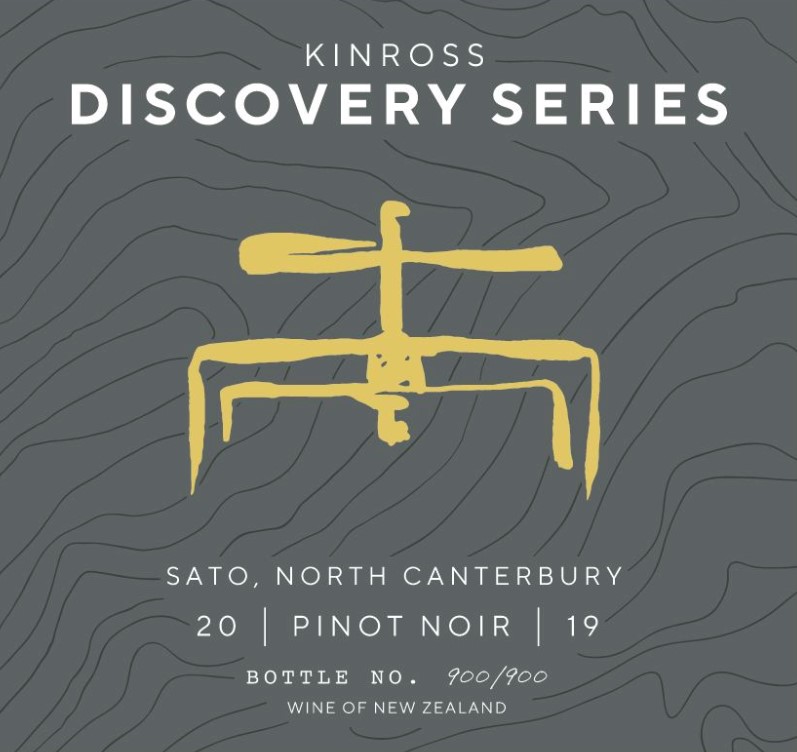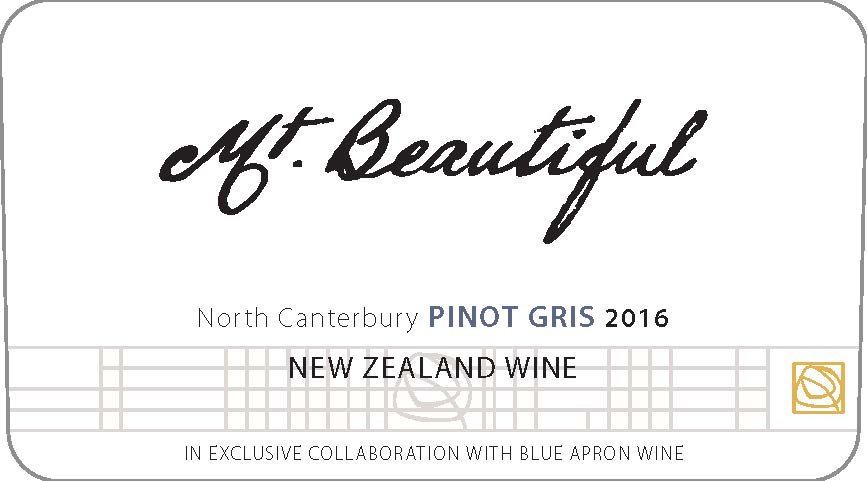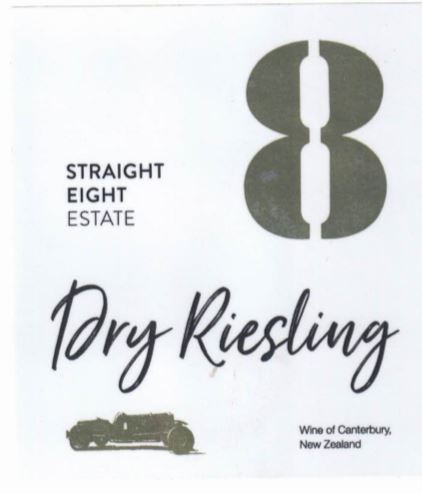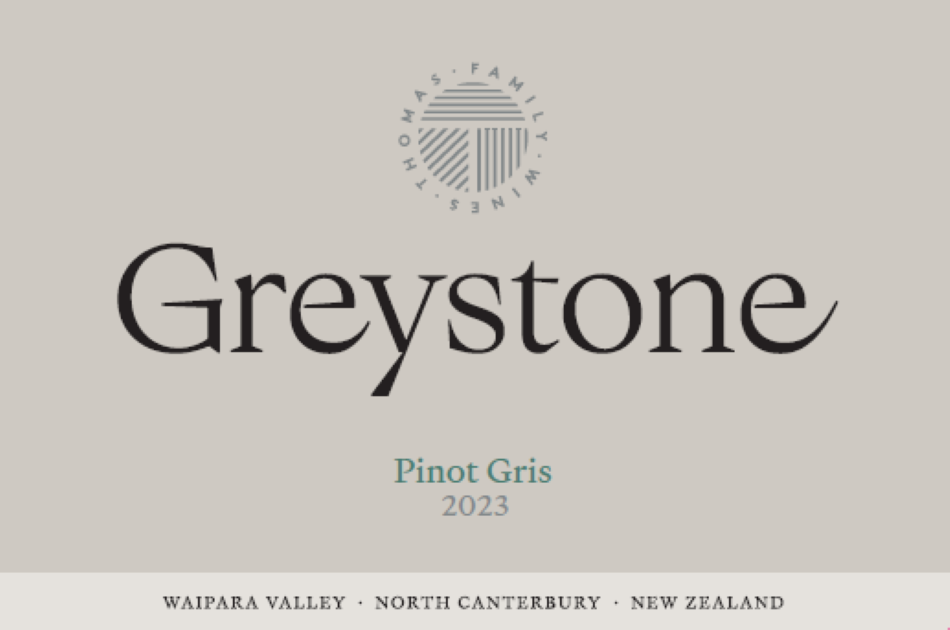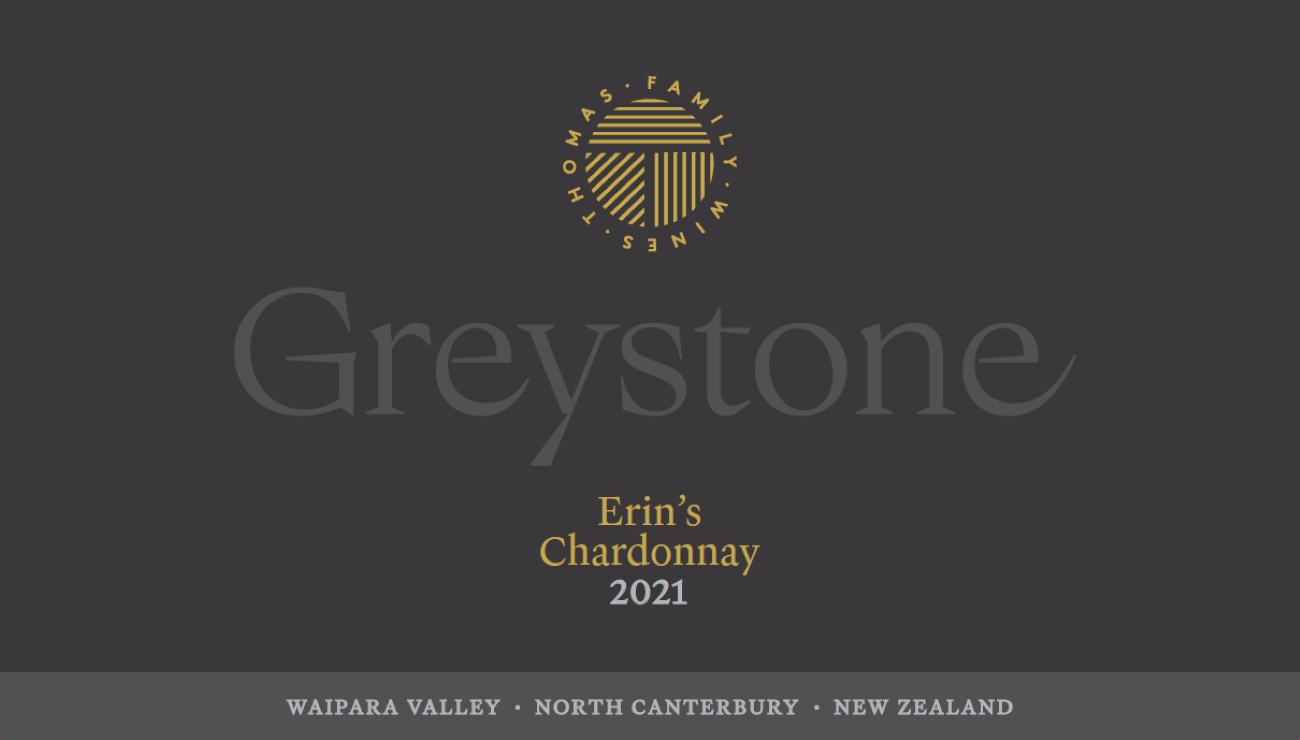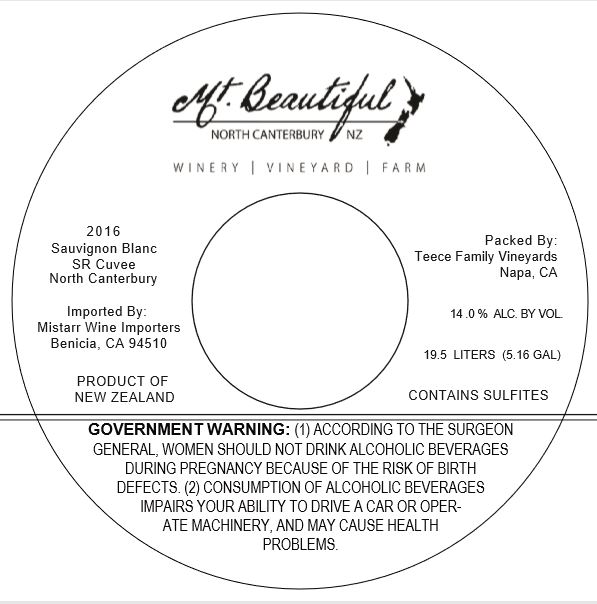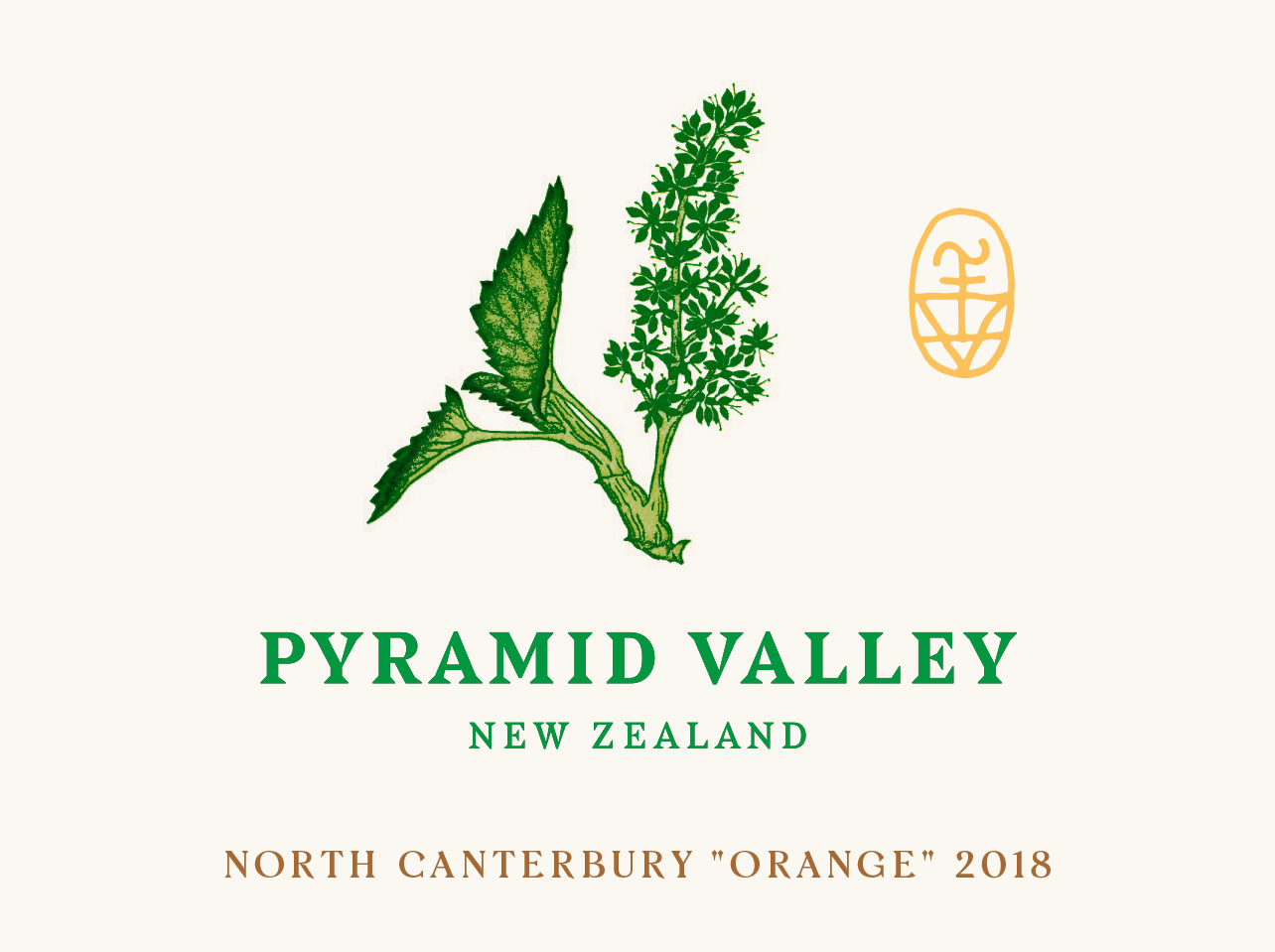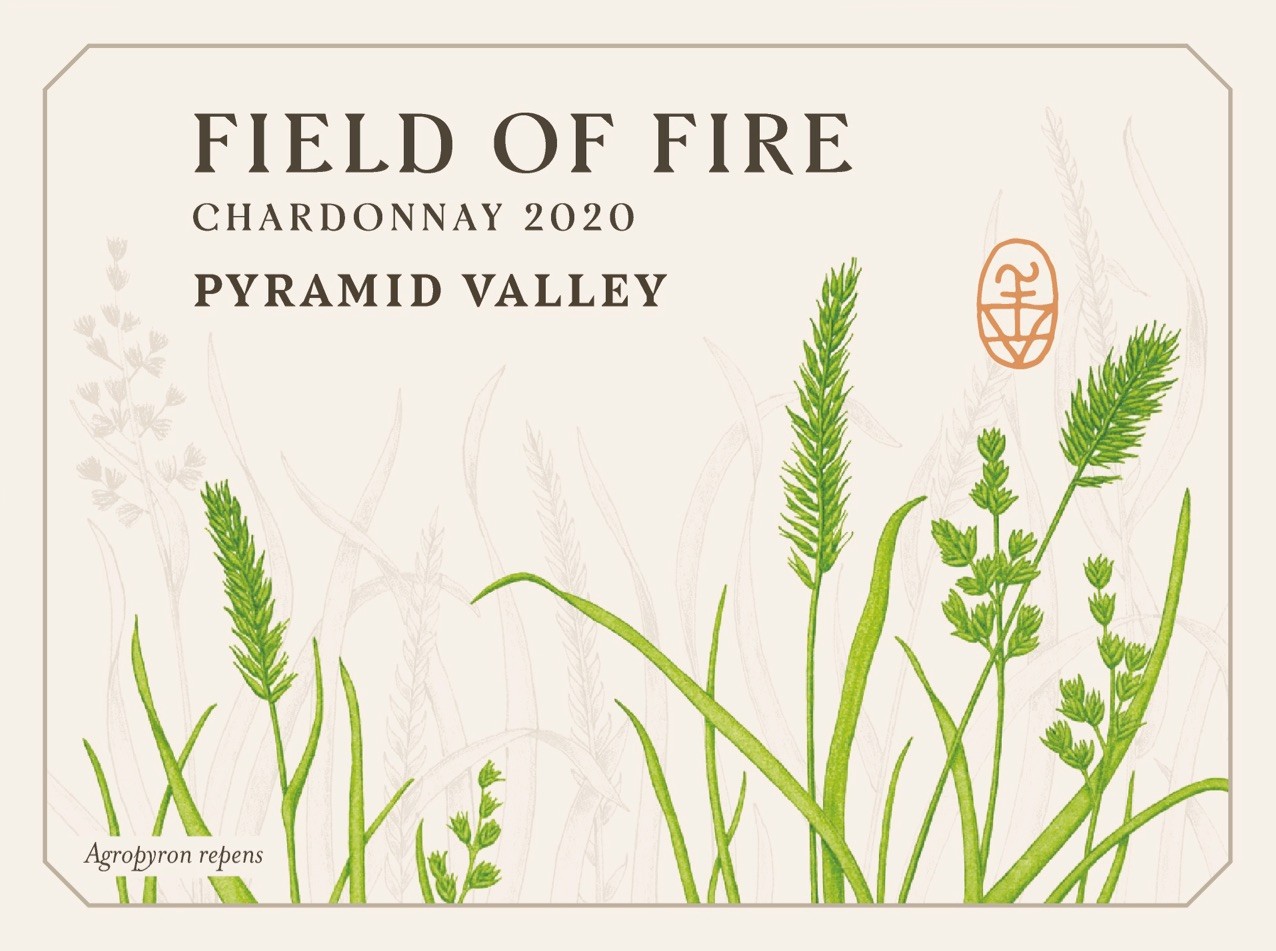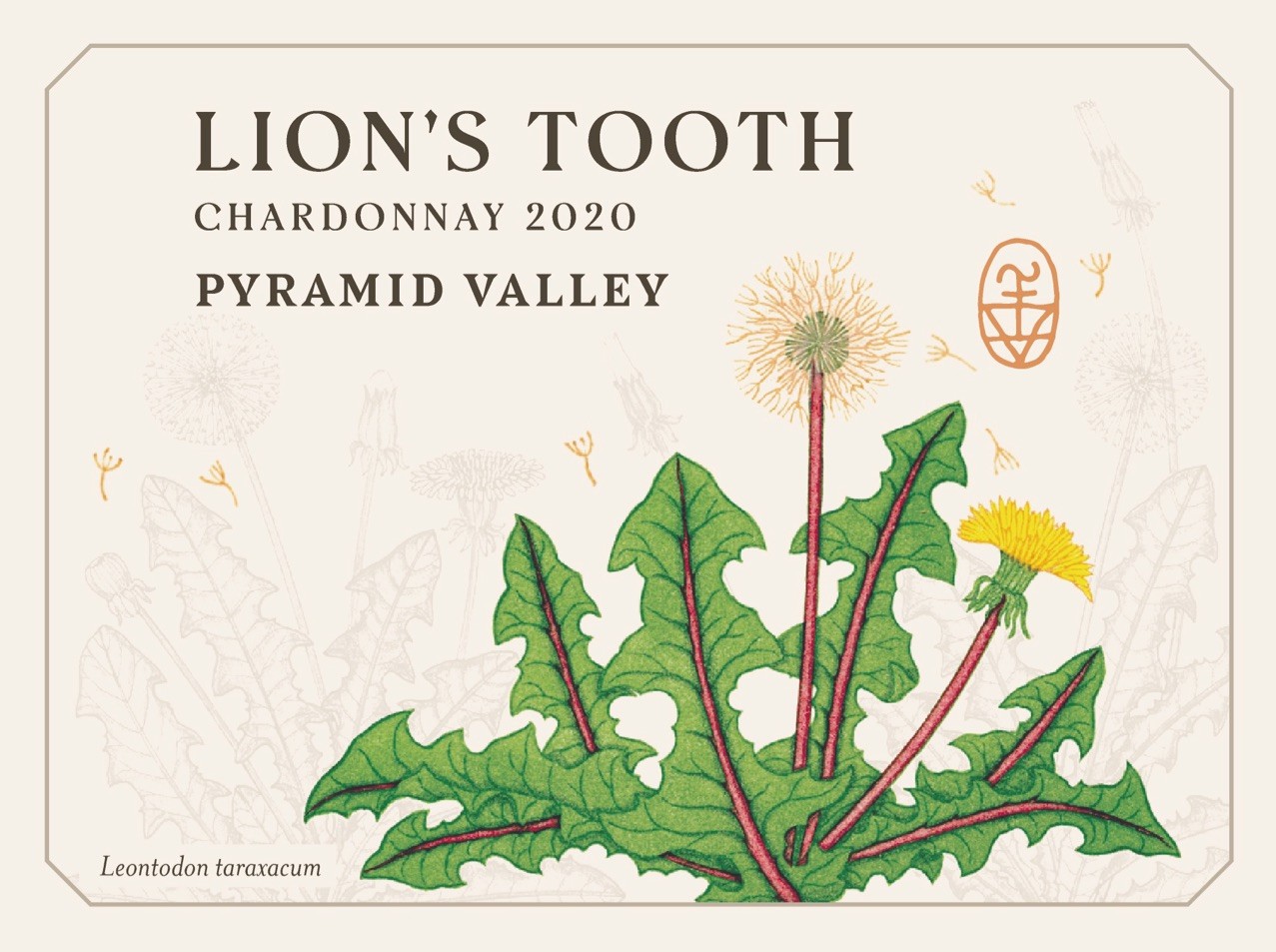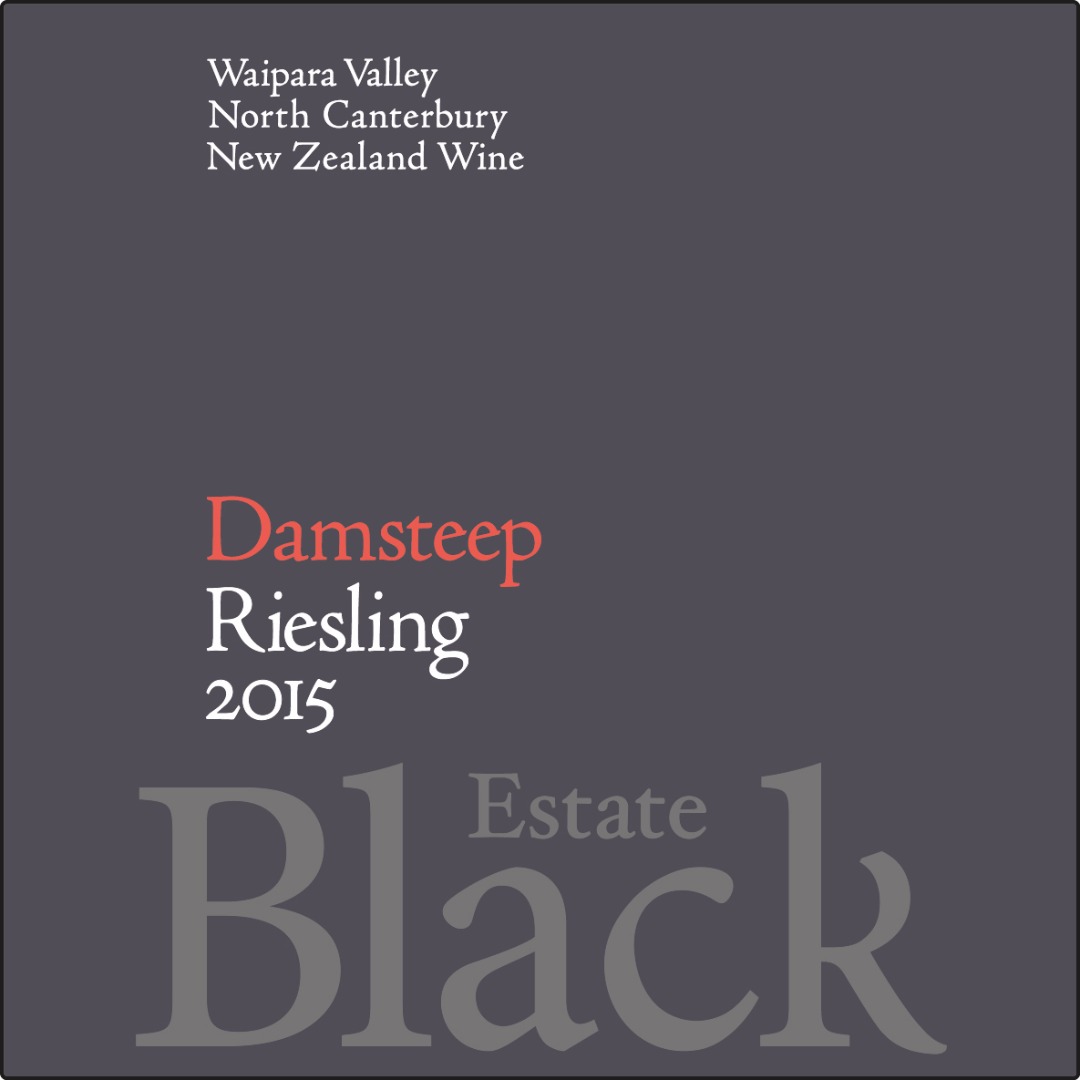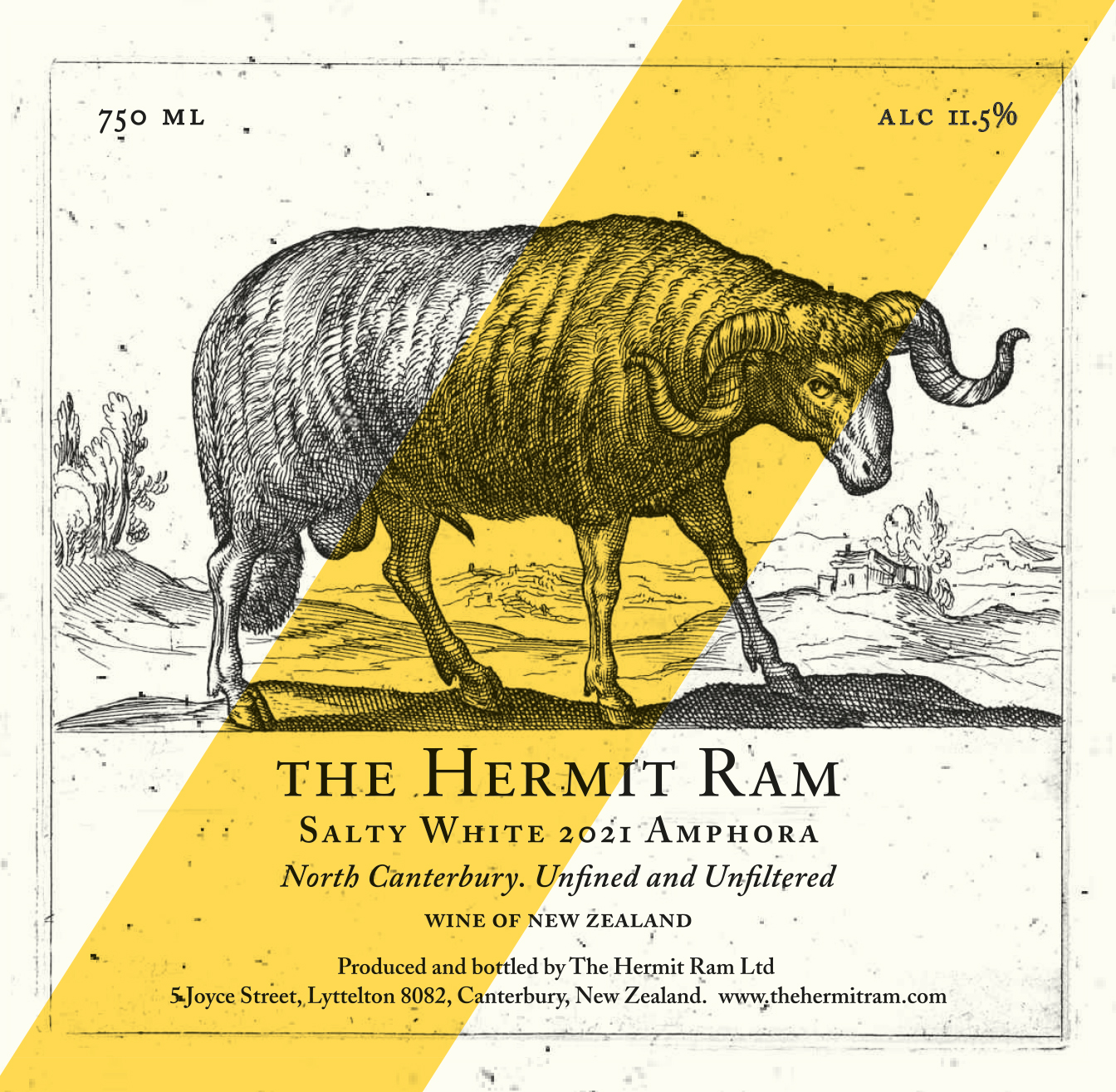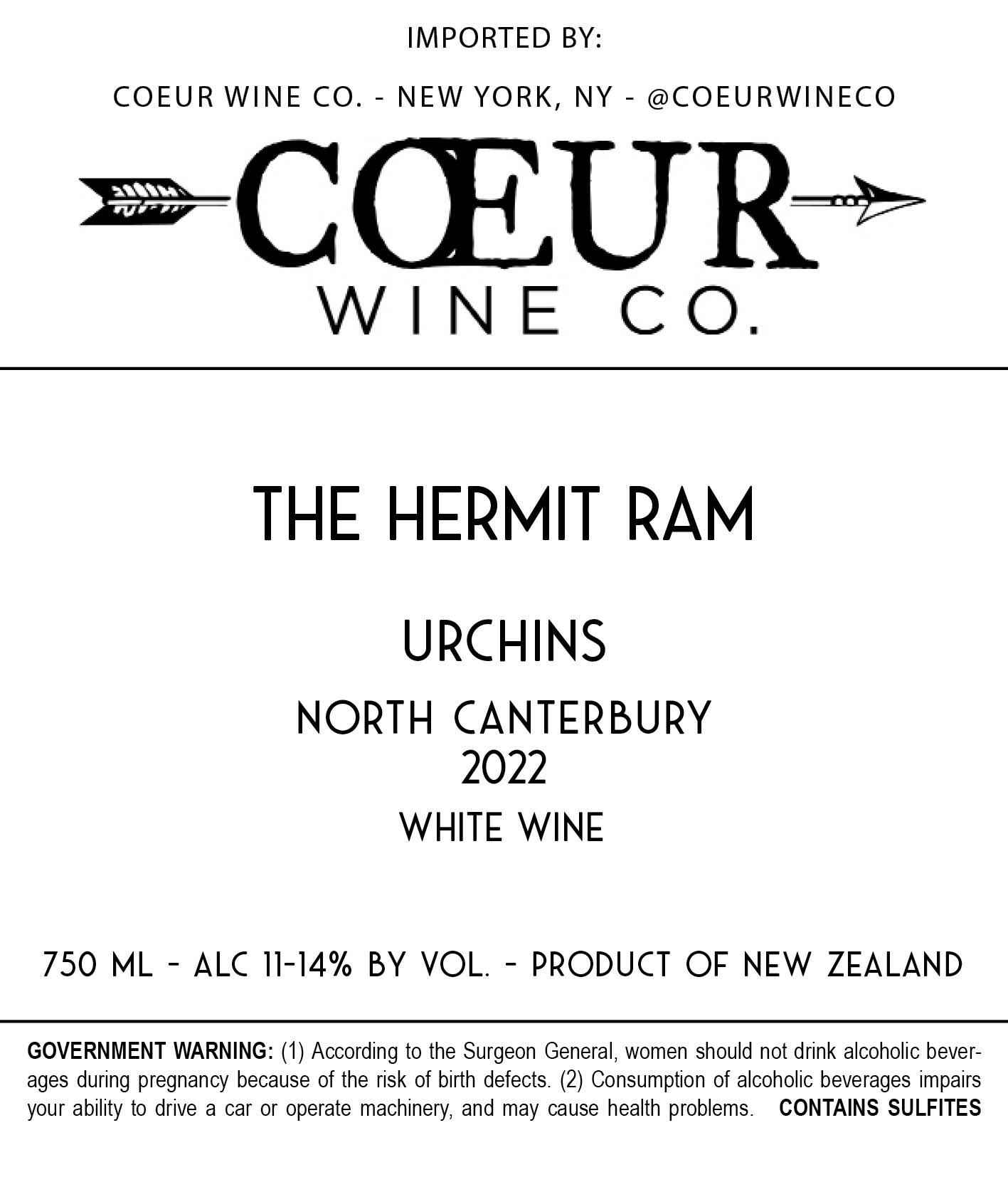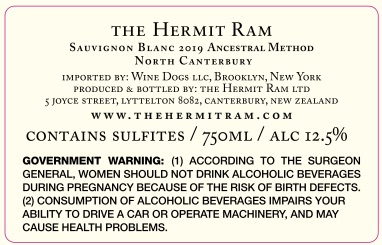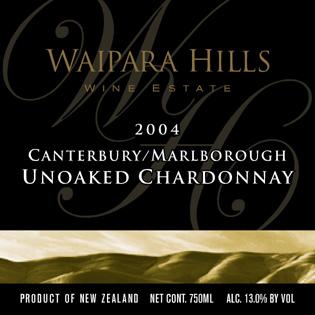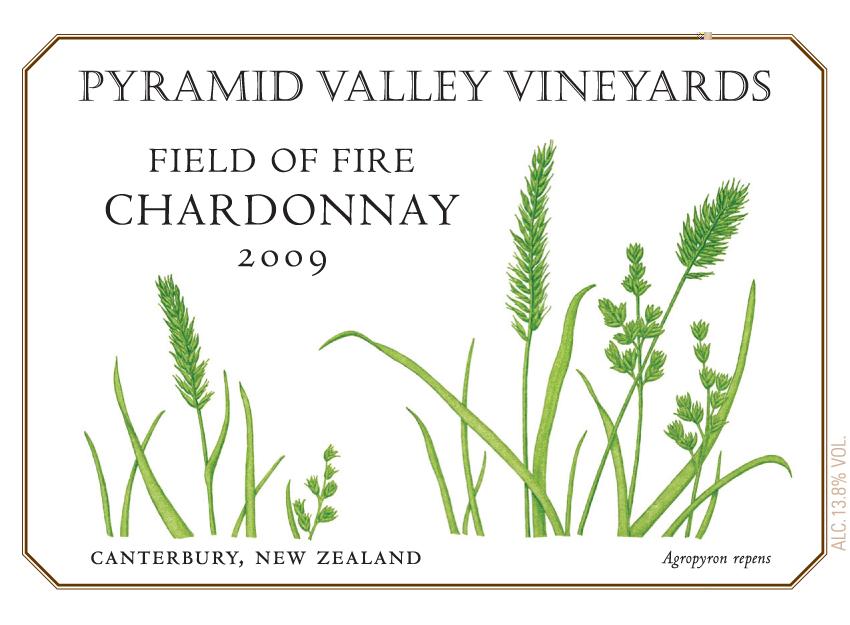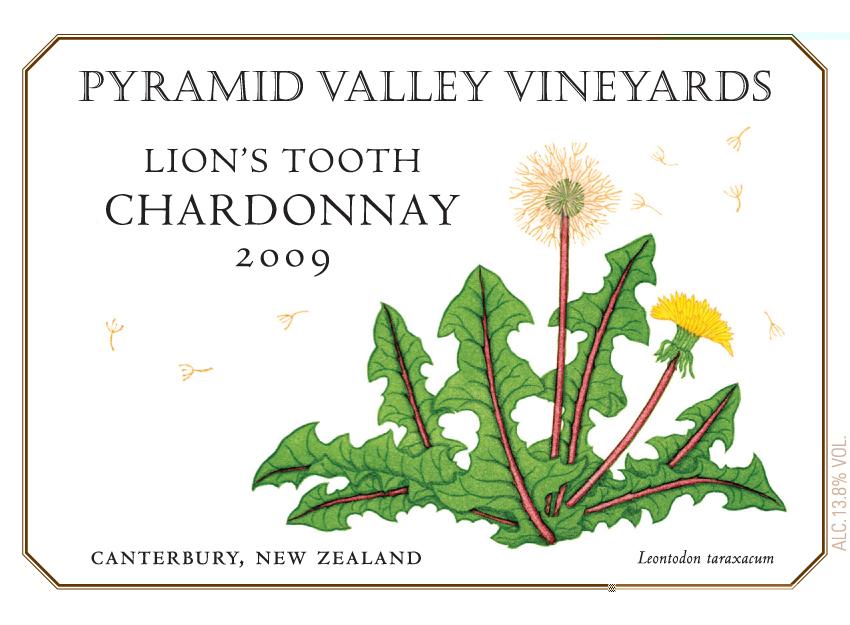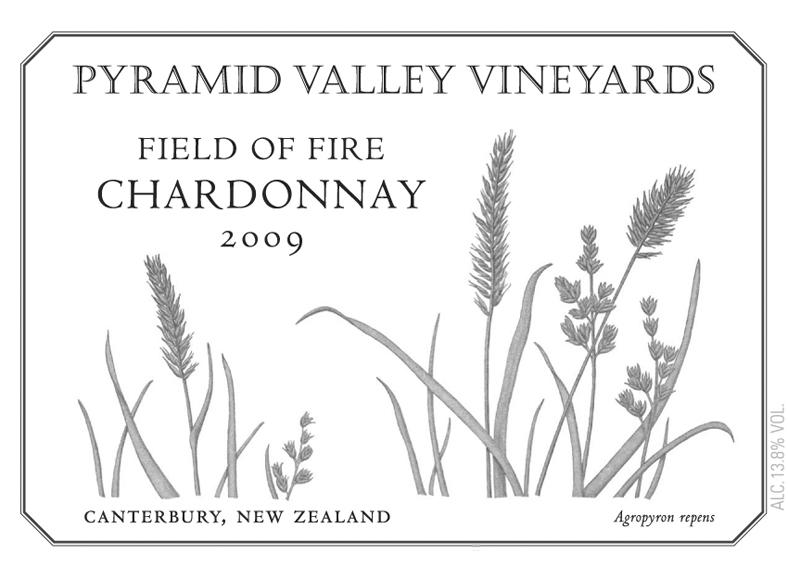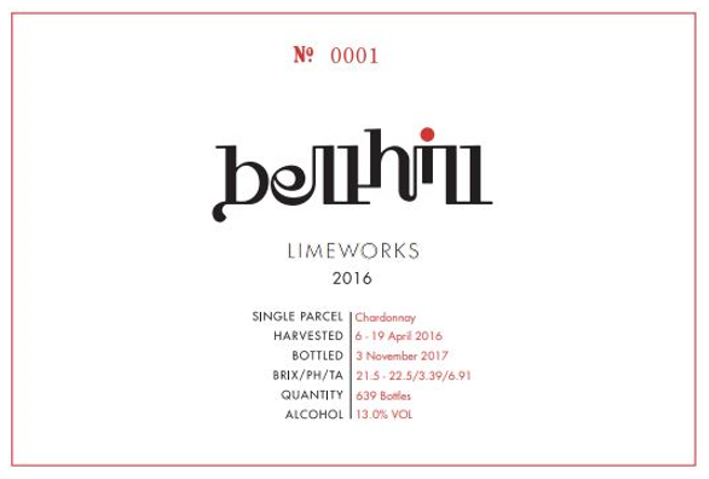Terroir of Canterbury
North Canterbury has a cool, dry climate, perfect for growing expressive wines. The Southern Alps protect vineyards from heavy rain, leading to warm, dry summers and long, cool autumns. This helps grapes ripen slowly, enhancing flavor and keeping acidity. The frequent nor’wester wind reduces disease, though growers must manage its dry conditions.
Canterbury's diverse terroir includes stony loams, gravels, and valuable limestone-rich clays, each offering unique traits. Waipara Valley, with its clay and limestone soils, is known for vibrant Rieslings and rich Pinot Noirs and Chardonnays. The Canterbury Plains’ gravel soils produce elegant Pinot Noir and Riesling. Waikari’s limestone ridges deliver wines with strong structure, while Banks Peninsula's volcanic soils and sea climate create fragrant, spicy Pinot Noirs. This varied terroir leads to wines with intense flavors, solid structure, and ripe characteristics, showcasing Canterbury's unique wine character.
Notable Wineries in Canterbury
Canterbury, New Zealand, is home to several notable wineries that have gained recognition for their unique expressions and commitment to quality. Here are a few standouts:
-
Pegasus Bay Winery: A family-owned gem known for robust Pinot Noir and aged Rieslings, with an exceptional on-site restaurant.
-
Greystone Wines: A fully organic operation celebrated for its complex Pinot Noir and sustainable practices.
-
Black Estate: Renowned for small-batch Pinot Noir and Chardonnay, offering stunning views and a popular bistro.
-
Pyramid Valley: A biodynamic estate famous for its deep, Burgundian-style Pinot Noirs and Chardonnays.
-
Bell Hill: Cultivates Pinot Noir and Chardonnay with a European-like sensibility and excellent aging potential.
Sustainable Winemaking in Canterbury
Canterbury, New Zealand, embodies sustainability in winemaking through widespread adherence to the Sustainable Winegrowing New Zealand (SWNZ) program. This certification ensures vineyards follow stringent rules about soil, water, energy, waste, and agrochemical management, with frequent audits to maintain compliance.
The region's dry, windy climate naturally aids in reducing chemical use, as practices like open canopy pruning and natural ventilation lower humidity and fungal risks. Integrated pest management is common, with sheep grazing to control weeds and enrich soils, complemented by cover crops to prevent erosion.
Many vineyards are moving towards organic and biodynamic methods, reducing synthetic pesticide use. Initiatives such as reducing winery wastewater, employing solar energy, and choosing lightweight packaging reflect a deep commitment to the environment. Canterbury winemakers aim to preserve their picturesque landscape and uphold the wine industry's resilience for future generations.
Wine Tourism in Canterbury
Canterbury’s wine tourism blends accessibility with rich experiences, ideal for wine enthusiasts.
Just 45 minutes from Christchurch, the Waipara Valley offers a picturesque setting with vineyards, olive groves, and lavender fields.
Home to about 25–30 wineries, visitors can easily explore multiple cellar doors along a straightforward route.
Many wineries host tastings paired with local cuisine, featuring fresh, seasonal ingredients.
Options include guided tours from Christchurch, self-drive adventures, and scenic cycling routes.
Events like the North Canterbury Wine & Food Festival showcase the region's diverse offerings.
With its cool, dry climate, Canterbury produces wines with intense flavors and vibrant acidity, reflecting its unique terroir.
The commitment to sustainability is evident across vineyards, with practices aimed at preserving the environment.
Canterbury's blend of wine, food, and landscape offers a memorable journey for those seeking a distinct New Zealand wine experience.

